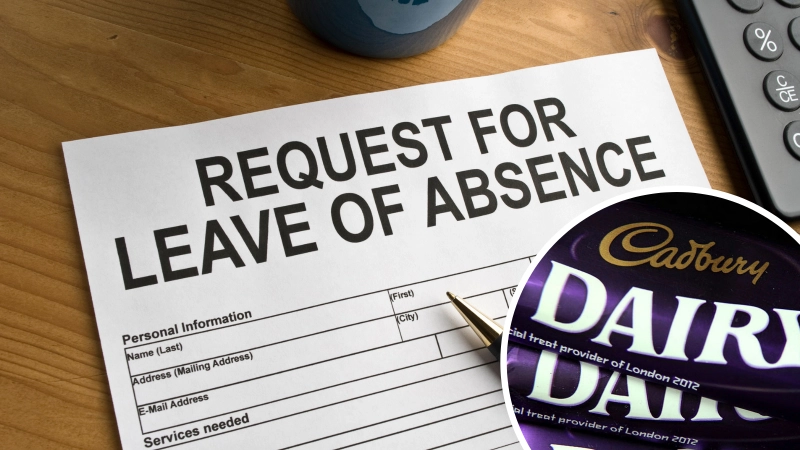Recently, the decision Mondelēz v Automotive, Food, Metals, Engineering, Printing and Kindred Industries Union Known as the Australian Manufacturing Workers Union (AMWU) [2019] FCAFC 138 (“Cadbury Decision”) was handed down by the Full Court of the Federal Court, which may have a significant impact on the way employers pay sick leave.
The case was brought against Mondelēz (the owner of Cadbury) by the AMWU on behalf of two Cadbury shift workers in relation to personal/carer’s leave entitlements. Specifically, the dispute between the parties related to the interpretation of section 96(1) of the Fair Work Act 20009 (Cth) (“FW Act”) and whether the two 12-hour shift workers were entitled to ten 12-hour shifts of paid personal/carers leave per year of service.
What Does Section 96(1) Say?
Section 96(1) of the FW Act states that:
“for each year of service with his or her employer, an employee is entitled to 10 days of paid personal/carer’s leave”.
The dispute largely focused around the interpretation of the word “day”.
What Did the AMWU Argue?
The union argued that the employees should be entitled to 10 days of personal/carer’s leave at 12 hours per day (which equals 120 hours of paid personal leave per year of service). The AMWU argued the word “day” has its ordinary meaning of a “calendar day” and as such, it allows employees to be absent from work without loss of pay on 10 calendar days per year.
What Did Mondelēz Argue?
Conversely, Mondelēz argued that like other employees in the organisation who worked 36 hours per week, the employees were only entitled to 10 days of personal/carer’s leave at 7.2 hours per day (which equates to 72 hours of paid leave per year of service).
Mondelēz argued that the word “day” in section 96(1) is a ‘notional day’. This ‘notional day’ was to consist of an employee’s average daily ordinary hours based on an assumed 5-day working week. For example, an employee who works 38 ordinary hours per week works an average of 7.6 hours per day over an assumed 5-day working week. Therefore, the ‘notional day’ is 7.6 hours and the employee is entitled to 10 such days (76 hours) of paid personal/carer’s leave for each year of service.
On this basis, all employees who work the same average weekly ordinary hours are entitled to receive the same number of hours of paid personal/carer’s leave.
What Was the Outcome?
The Full Court rejected Mondelēz’s argument of the ‘notional day’ and also did not accept the AMWU’s submission that “day” in section 96(1) is to be interpreted as being a ‘calendar day’ or 24-hour period. Rather, the Full Court supported what they deemed to be a ‘working day’,which is similar to the AMWU’s argument, but avoids potential issues when dealing with a 24-hour period (e.g. two shifts commencing in the same 24-hour period). The Full Court held section 96(1) acted as a form of income protection and employers were required to pay employees for periods of illness or injury “as if they had not been absent”.
What Does This Mean for Your Business?
The Full Court’s decision requires you to pay your employees for periods of personal/carer’s leave amounting to what they would have received as if they have been at work (provided the employee has accrued sufficient personal leave). For example, if you have an employee who works a 4 day/38-hour week (9.5 hours per day) and they take 1 day of personal/carer’s leave, you will be required to pay the employee for the 9.5 hours they were absent.
However, it is unclear how long employers will be required to do this, as Mondelēz may appeal the decision. Furthermore, the Minister for Small and Family Business, the Workplace and Deregulation was involved in the Cadbury Decision, so there may be government intervention if the decision is not overturned. Stay tuned for further developments, we’ll keep you up to date!
Need Specialist Help?
Managing a business and employees can be difficult enough without having to keep track of various changes to employees’ entitlements. The best way to manage all of these competing priorities is to understand how each of them can impact your business and to take proactive measures to ensure you are compliant! We can assist you in gaining this understanding and taking a proactive approach to your HR obligations through tailored advice, training programs, and providing comprehensive information packs.
For specialist assistance, please contact Matt Bullas on 0408 443 536 or matt@workplacewizards.com.au




Comments are closed.